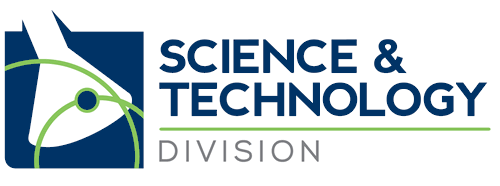1.1K
Tapani Ronni, PhD will be presenting “CRISPR gene editing: from tailored gene therapy to species engineering” on Friday, November 4, 2016, at 10:00 am to 11:00 am.
Abstract
This brief review of a new method called CRISPR gene editing is aimed at translators in medical and scientific fields. Gene therapy is an experimental approach that uses genes to treat or prevent disease. There are multiple technical problems to overcome, but the field has a lot of promise. A major stumbling block has been that tailored, accurate editing of DNA has not been possible in mammals, due to the complexity and size of the mammalian genome.
Basic research on bacterial defense mechanisms against viruses (bacteriophages) has led to discovery of the CRISPR-Cas system. CRISPR-Cas is now being used in the laboratory and seems to provide a novel, accurate, and fairly easy method to add, remove, or alter nucleotide bases in the precise target gene of interest.
Possible applications of CRISPR-Cas will be discussed, with their limitations and risks. In addition to basic research, these include precise gene editing to correct genetic defects in human chromosomes (gene therapy). Other possible applications include creating tailored cells for anticancer treatments, and species engineering. Species engineering is a hypothetical method for altering genomes of plant, insect, or mammalian populations in the wild, using a so-called “gene drive” that would bypass Mendelian inheritance laws and give the novel artificial gene construct a significant selection advantage in a few generations. Lastly, CRISPR could be used to alter unborn children or even human sperm and eggs (germ line gene therapy).
This talk will explore philosophical, safety, and ethical issues related to genome editing, species engineering, and germ line gene therapy, concepts hotly debated in the field. Do we have the right to improve future generations and alter the genetic makeup of entire species?

